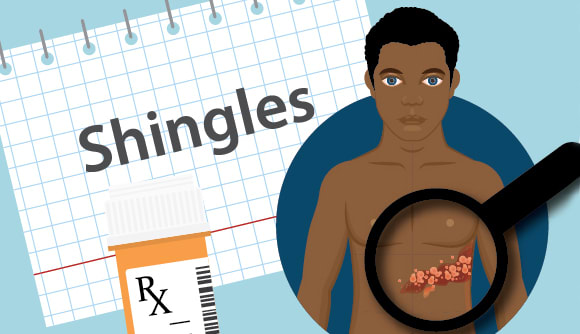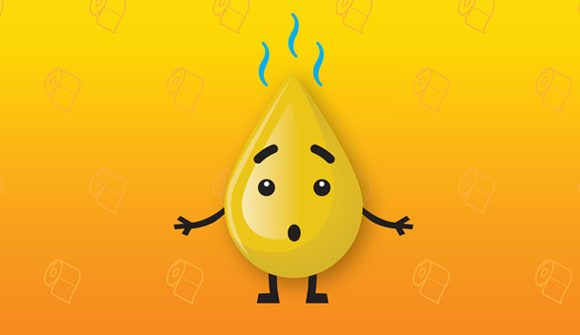Chickenpox’s cousin
Shingles can occur at any age.
Article Author: Johnny Woodhouse
Article Date:

Shingles, a viral infection that resembles chickenpox, is a lot more common than most people think. According to the Centers for Disease Control and Prevention (CDC), approximately 30% of Americans will develop it during their lifetime.
Contrary to popular belief, people of any age can come down with shingles, even children.
“If you've had chickenpox, you can contract shingles because it’s the same virus that lays dormant in your nerve tissue until it's reactivated when the immune system is suppressed,” said Shalika Katugaha, MD, a hospital epidemiologist and system director of Infectious Diseases for Baptist Health. “And your risk for shingles increases as your immune system naturally declines with age.”
Same, but different
Although caused by the same virus as chickenpox, shingles is a different illness.
Chickenpox, which affects mostly children, is very contagious. It spreads by direct contact or by breathing in viral particles.
Shingles, on the other hand, can't pass from one person to another. However, someone with an infectious shingles rash can spread chickenpox to a person who has never had it or hasn't received the chickenpox vaccine.
“Age is the most important risk factor for the development of shingles,” said Dr. Katugaha, adding that more than half of all cases occur after the age of 60. “Another risk factor is an immunocompromised state.”
Transplant recipients, HIV patients, individuals with autoimmune diseases or those who are on medications that suppress the immune system are at greater risk.
Signs of shingles
The first symptom is often pain, itching or tingling of the skin. A person may also experience flu-like symptoms.
Next, a painful rash of small, fluid-filled blisters usually forms on one side of the body or face. These sores, which tend to dry out and crust over, can last from seven to 10 days.
Whether young or old, the pain of shingles will last much longer than the rash, which typically clears up in 3-5 weeks. This is because the virus travels in specific nerves, causing chronic nerve pain that can last for months or even years.
“Approximately 10-15% of patients will develop a painful chronic condition which is known as postherpetic neuralgia (PHN). Some people may also experience numbness in the affected area,” Dr. Katugaha said.
Other severe complications can include facial paralysis, meningitis, delirium, motor weakness, stroke symptoms, or bacterial infections of the skin.
Vax facts
The best defense against shingles – and chickenpox for that matter – is vaccination.
The first FDA-approved shingles vaccine was developed in 2006, followed by a second in 2017. The newer vaccine has shown to be 97% effective in adults 50-69 with healthy immune systems and 91% effective in preventing PHN.
“Vaccination reduces the risk of developing shingles and PHN. Adults should get the shot even if they have already had the virus to help prevent future occurrences,” Dr. Katugaha said. “Maintaining a healthy immune system also aids in the prevention of shingles.”
Worried you might have shingles or want to find out more about the vaccine? Call 904.202.4YOU to speak with a Baptist Primary Care physician or click here to fill out an appointment request form.



